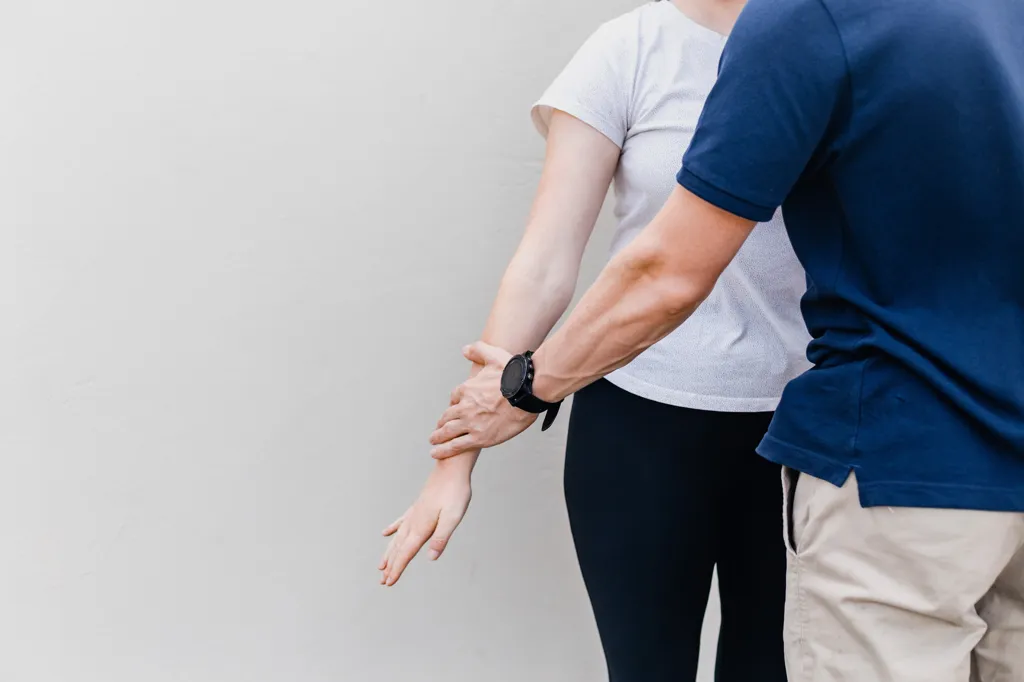Exercise Physiologists: The Experts Behind Your Fitness Journey
If you’re looking to take your fitness journey to the next level, you might want to consider working with an exercise physiologist. They are experts in human movement and exercise prescription, helping people achieve their fitness goals while also addressing any health concerns.
What is an Exercise Physiologist?
Exercise physiologists are professionals who specialize in studying how the body responds to physical activity. They work with individuals of all ages and fitness levels, from athletes to seniors, to develop personalized exercise programs that improve health, prevent chronic diseases, and enhance athletic performance.
What Do Exercise Physiologists Do?
Depending on where they work, exercise physiologists can perform a wide range of tasks. Here are some examples:
– Conduct fitness assessments: Exercise physiologists evaluate an individual’s fitness level, body composition, cardiovascular health, and other metrics to design an appropriate exercise program.
– Develop exercise programs: Based on the assessment results, exercise physiologists create tailored exercise programs that include aerobic and resistance training, flexibility exercises, and other modalities.
– Monitor progress: Exercise physiologists track their clients’ progress over time, adjusting the program as necessary to ensure optimal results.
– Educate clients: They also educate their clients on the benefits of exercise, the importance of proper form and technique, and healthy lifestyle habits.
– Work with special populations: Exercise physiologists may also specialize in working with people with chronic diseases, such as diabetes, heart disease, or cancer, helping them manage their conditions with exercise.
How to Become an Exercise Physiologist?
To become an exercise physiologist, you typically need a bachelor’s or master’s degree in exercise science, kinesiology, or a related field. Some employers may require a certification from a professional organization, such as the American College of Sports Medicine (ACSM) or the National Strength and Conditioning Association (NSCA).
Entry-level exercise physiologists may start as fitness trainers or rehabilitation specialists, gaining experience in program design and client interaction. As they accumulate hours and skills, they can advance to higher-level positions, such as lead exercise physiologist or clinical director.
Securing a job as an exercise physiologist also requires strong interpersonal and communication skills, as well as a passion for helping others achieve their health goals.
Final Thoughts
Exercise physiologists play a critical role in promoting physical activity and healthy living. By designing individualized exercise programs and educating clients on healthy habits, they can help people of all ages and abilities live longer, healthier lives. Consider working with an exercise physiologist to take your fitness journey to the next level.
Exercise Physiologists Salary Data
Below are the salary data for exercise physiologists in the United States:
| Occupation | Job Level | Union | Salary (Average) | Salary (Median) |
|---|---|---|---|---|
| Exercise physiologists | All levels | Nonunion | $54,059.20 | $52,249.60 |
| Exercise physiologists | All levels | Full-time | $55,348.80 | $53,788.80 |
| Exercise physiologists | All levels | Time-based pay | $54,620.80 | $52,977.60 |
It is important to note that job level and union status can have an impact on these salary figures.
Geographies with Highest and Lowest Average Salary
- Highest: San Francisco, California – $80,180
- Lowest: Montgomery, Alabama – $44,450
It is important to research the cost of living in these areas when considering overall compensation.
Effects of Union on this Job
It is unclear from the data provided whether or not unionization has an impact on the salary of exercise physiologists. However, unionization can provide benefits such as job security and collective bargaining power.












